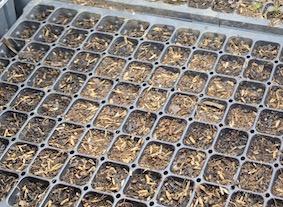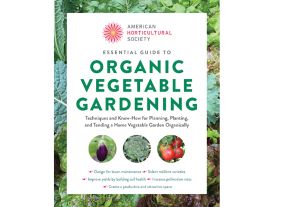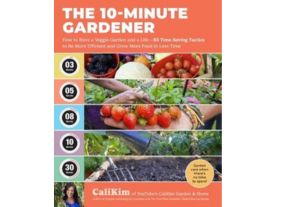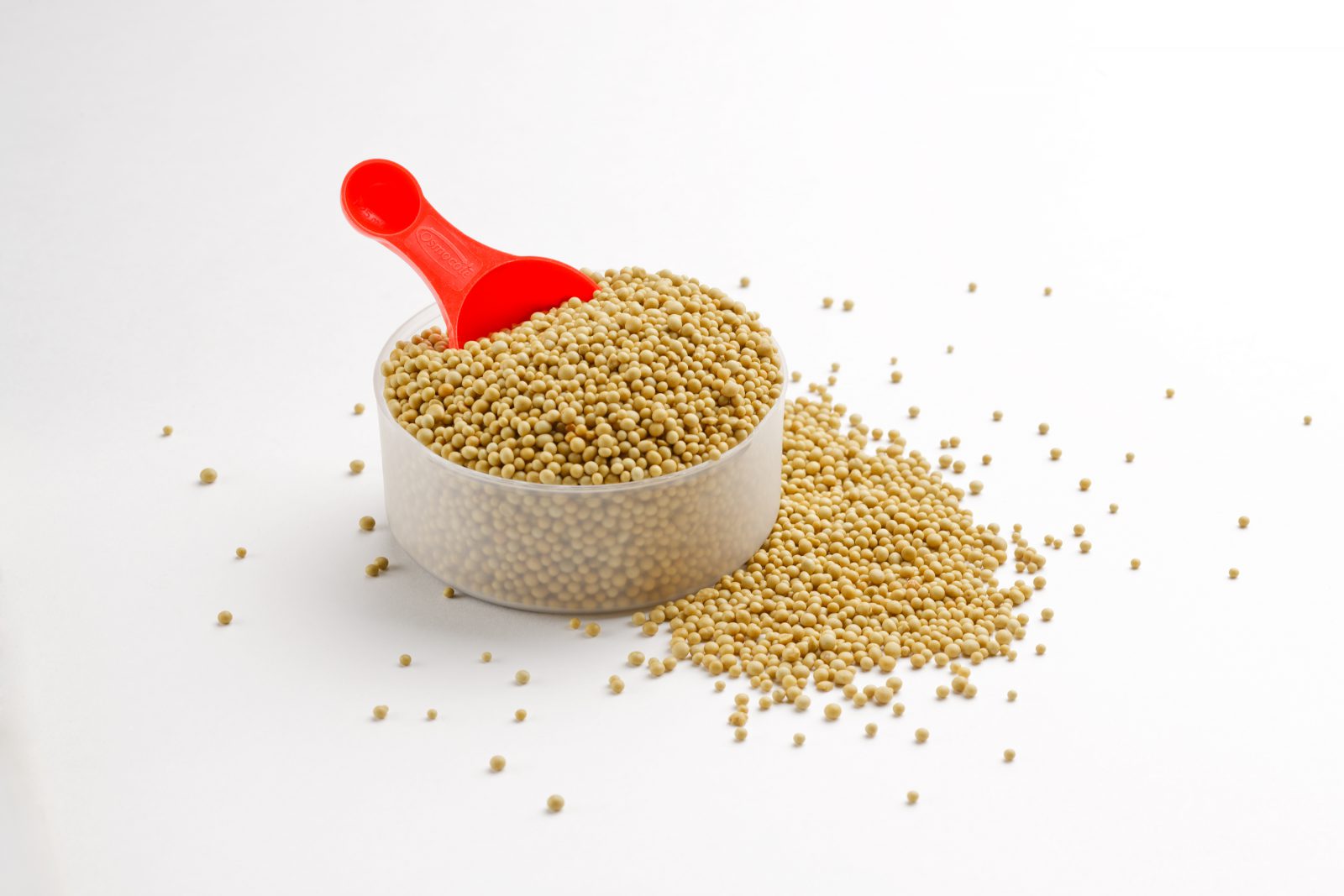A Glossary of Seeds
Views: 3796

With warm weather coming on quickly, those of you who haven’t already purchased and started seeds indoors will be soon scanning the racks in your local garden centers or ordering them online.
I was lured to a vegetable display in my local upscale food mart just yesterday. I have a bit of planning to do before I go shopping, but seeds are in my very near future.
There’s more on a packet or online description than a pretty picture. There are terms describing the seed itself—not the plant’s attributes. The folks at the Home Garden Seed Association and Renee’s Garden have put together an informative list of the terms you may run across while seed shopping. They’ve easily explained them all, too!
Cultivar Seeds
You may know this one already. It’s a conjunction of the words cultivated variety. A cultivated variety is one that has reproducible attributes distinct from another. Using a perennial, for example: black-eyed Susan, or Rudbeckia fulgida ‘Goldsturm.’ The ‘Goldsturm’ refers to the cultivar or variety name. Also note that ALL cultivar names must be contained within single quote marks. If you see a name without single quote marks, such as angelonia Archangel, the Archangel refers to a trademarked name.
GE
GE, or Genetically Engineered, refers to the high-tech methods used to incorporate genes into an organism. These plants are results of manipulation and human intervention. An example of a GE crop is a corn variety grown as crop that has been manipulated with a naturally occurring soil bacterium to protect it against corn borer. Genetically engineered seeds are currently used mostly for the large agribusiness crops such as corn and soybeans. You won’t find these on your seed rack yet, anyway.
GMO
GMO, or Genetically Modified Organism, is defined by the USDA as an organism produced through any type of genetic modification. That includes the high-tech modern genetic engineering techniques described above all the way to the ages-old plant breeding methods using pollen exchange and so forth. The latter form of GMO has been taking place for hundreds of years. Think Gregor Mendel. The breeders observe the results of a pairing. Then, they select for traits such as disease resistance, habit, yield, color, and so forth.
Open Pollinated
Open-pollinated, or OP, varieties are seeds that result from pollination by insects, wind, self-pollination, or other natural forms of pollination. If you save seeds from open-pollinated varieties and grow them in following years, they will come true, or produce plants exactly like their parents. There is a caveat. Because wind and insects pollinate different open-pollinated varieties when you are plant them close together, this doesn’t always happen. For example, if you grow several varieties of squash, that pollen might mix and produce a plant unlike either parent the next year. Hey, you’re an amateur plant breeder!
Hybrid
Also known as an F1 plant, it is produced when a breeder selects two pure lines (plants that produce identical offspring when self-pollinated) and cross-pollinates them to produce a plant that mixes desirable characteristics from both parents. Seeds produced from the F1 plants will not come true and be replicas of the parent. An example of this is Better Boy tomatoes.
Heirloom Seeds
Heirlooms are open-pollinated varieties that have resulted from natural selection rather than a controlled hybridization process. Like an antique, an OP variety that has been around for 50 years or more (an random number, really) is considered an heirloom variety. It’s an OP variety, so its seeds will produce plants with the same characteristics as the parent plant. Examples of popular home garden heirlooms include Brandywine and Black Krim tomatoes.
Organic
The term Certified Organic has distinct legal meaning. Only growers who are in compliance with all the detailed rules and regulations specified by the USDA’s National Organic Program can call their seeds this. US organic rules specify that the land in which crops are grown cannot have had banned crops applied for three years prior to harvest. Additionally, the operation must be managed according to an Organic System Plan. This plan needs to be approved and regularly inspected by a USDA certifier. Organic seeds are grown without the use of synthetic fertilizers and pesticides; the use of sewage sludge, irradiation, and genetic engineering are also banned.
Pelleted and Primed
Pelleted seeds are inside a round pellet made from simple clay or another inert material to bulk them up. This process makes very small seeds such as lettuce, carrots, and onions easier to sow. And it’s a way to make expensive tiny flower seeds easier to see and handle.
Pelleted seeds also may be primed. This a treatment that brings the seeds to the brink of germination, then dries them for storage and distribution. Primed seeds break dormancy and germinate quickly when sown, but they should be used the same season they are purchased, as priming can decrease storage life.
Treated/Untreated Seeds
Used primarily for commercial seeds, treated seeds are usually coated with a fungicide to protect germinating seeds from disease when planted in the field. Treated seed is available primarily for commercial crops, because farmers want to protect germinating crops in the field from diseases when planted in cold or wet soil. Packet seed companies that sell to home gardeners usually specify if any of the seed they are offering is treated. USDA-certified organic production currently bans the use of treated seed, but that might change as biological treatments become available.
Meet Ellen Wells
When you’re raised on a farm, you can’t help but know a thing or two about gardening. Ellen Wells is our expert on edible gardening.…
Ellen's Recent Posts

New Organic Vegetable Gardening Book






